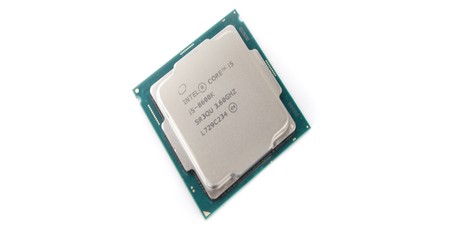
In the last month or two, I've been testing CPUs, looking at prices (pretty much every desktop CPU has received a price cut), and also chatting to various high-fliers at Intel and AMD about their plans for 2018. Both companies have some big launches this year, and several key battlegrounds are already set while others will likely form as we move through the next few months.
It has to be said that despite Intel releasing Coffee Lake CPUs, AMD still has a firm grip on several areas of the market as well as offering alternatives to Intel at nearly every price point. For example, the Ryzen 3 1200 is a better bet than the Core i3-8100 once you overclock it for the simple reason it offers pretty much the same performance, while Intel still has no low-end chipsets yet for Coffee Lake CPUs that would allow you to save on the total system price. AMD also has the promise of affordable CPUs that offer similar performance in February too.
The Core i3-8350K is matched in price by the Ryzen 5 1600, which is vastly superior in multi-threaded applications, although the Intel CPU is a stunning overclocker and quicker in lightly-threaded tasks. The Core i5-8400 is yet another CPU that's hampered by the lack of a cheaper alternative to Intel's Z370 chipset, and as a result the Ryzen 5 1600, Ryzen 5 1600X, and Ryzen 7 1700 are all viable alternatives - the Ryzen 5 chips offer better multi-threaded performance for less while the even more powerful Ryzen 7 offers two more cores and 10 more threads, but as AM4 motherboards can be had for less than £60, you can build Core i5-8400 and Ryzen 7 1700 systems for similar cash in total.
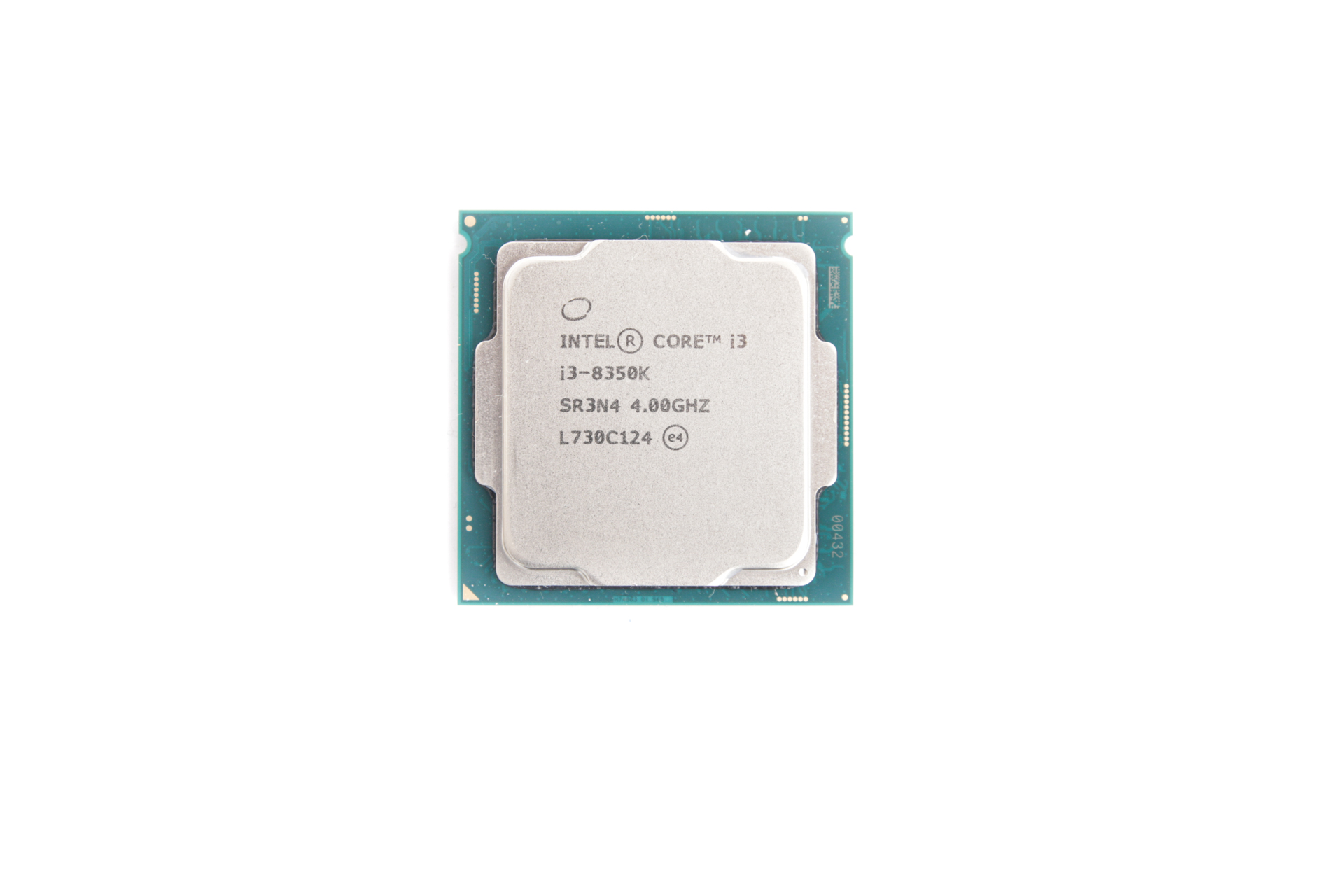
The Core i5-8600K is another CPU that's outperformed by Ryzen 7 CPUs in several areas. It might have some serious lightly-threaded grunt and plenty of overclocking headroom - that's likely to be enough for gaming-focussed users - but as soon as you add multi-threaded tasks to the mix, the Ryzen 7 1700 offers way more power, and once both CPUs are overclocked, even the massive clock speeds we're seeing from the Intel CPU aren't enough to topple an overclocked Ryzen 7 1700 in these areas.
That leaves the Core i5-8600K in a kind of no man's land. I should point out that the move from four to six cores here is very welcome - it was the right move and a long-overdue one. In the overall scheme of things, though, the four cores of the Core i3-8350K are enough for most games, while AMD offers better bang for your buck if you're mainly concerned with multi-threaded applications, and Intel's own Core i7-8700K is also worth the extra cash if you're serious about multi-threaded performance.
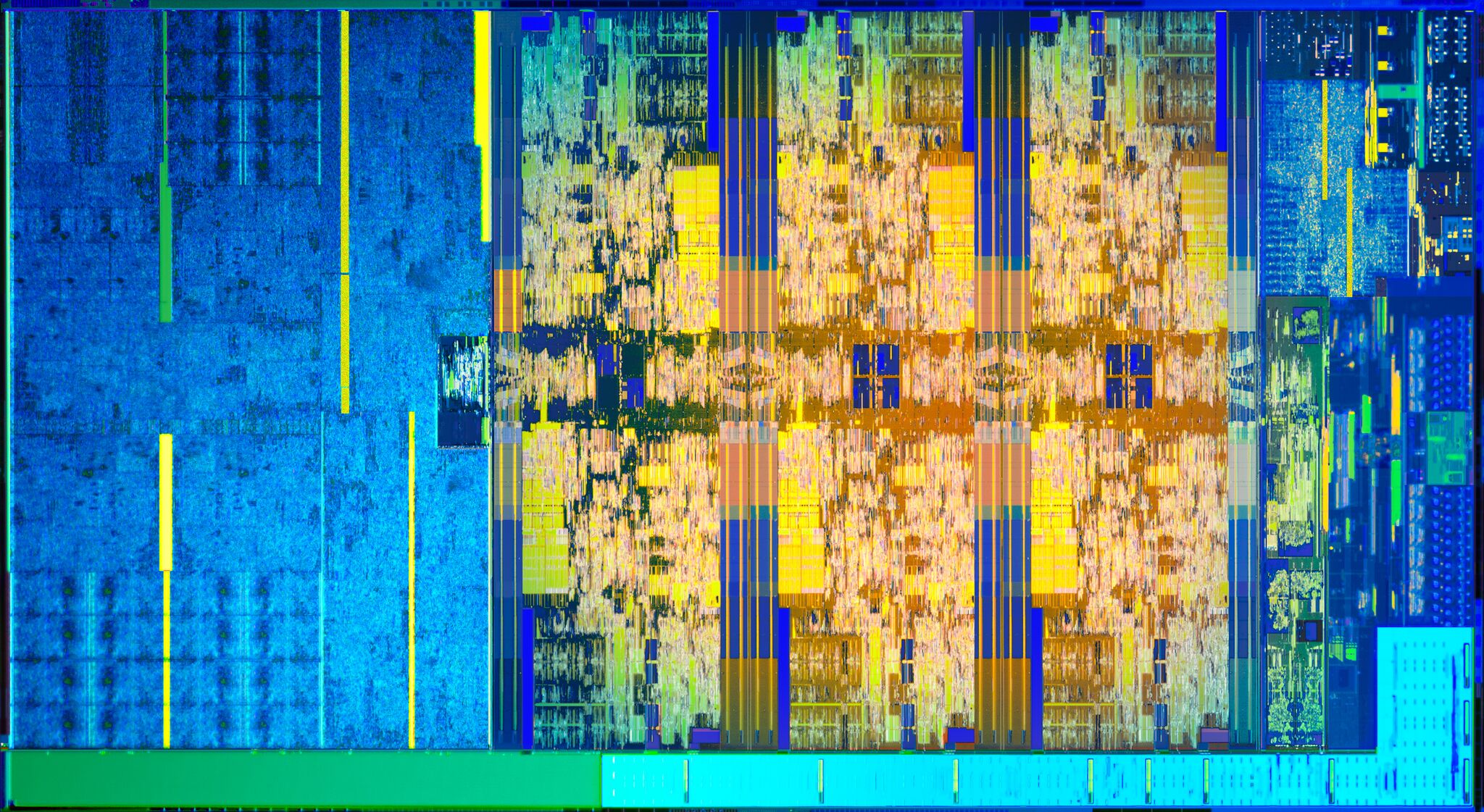
Indeed, the Core i7-8700K is perhaps the Intel CPU that I'd personally have at the top of my list in the mainstream. Like the Core i5-8600K, its extra cores and threads compared to its Kaby Lake predecessor offer huge gains in multi-threaded applications, but unlike the Core i5, the fact it's hyper-threaded means that it can keep up with the eight-core Ryzen 7s in multi-threaded work. Coupled with stellar performance in lightly-threaded tasks, too, it's perhaps the only CPU that has the measure of AMD in the mainstream. Of course, there's the small issue of price - it's a good £50-60 more than the Ryzen 7 1800X and around £100 more than the Ryzen 7 1700, which can usually be overclocked to similar levels to the 1800X. However, that price in my mind is just about worth paying given that you're getting top-notch performance in every area, whereas AMD still lags behind in a few, including some game titles.
This points at a rather weak range of Coffee Lake CPUs from Intel, and a lot of this comes down to price - something the company is clearly aware of given that we've seen it take the extremely rare step of cutting prices of CPUs that are less than six months old. Until Ryzen showed up, this was unheard of. Admittedly, the discounts aren't huge, especially when compared to AMD's recent price cuts, which are probably another reason Intel made its move; the Core i7-8700K has fallen to below £350, while low stock meant it was retailing for over £370 just a month or two ago. Similarly, the Core i5-8600K had a launch price of around £260, which rose to £270 at many retailers in December but has since fallen to below £250.
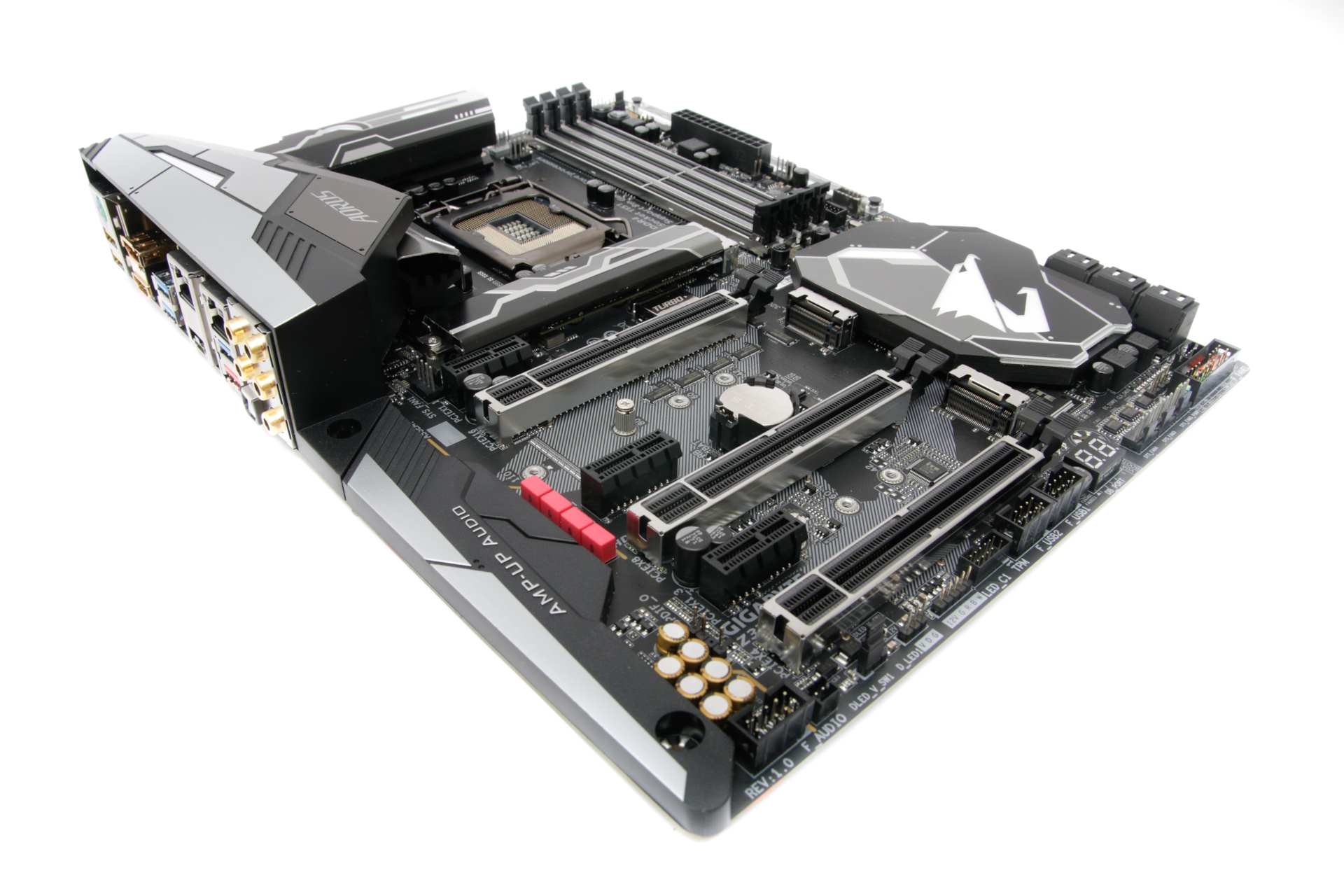
So, there are several reasons for Coffee Lake still not reigning supreme. Firstly, as I've spoken about before, none of the non K-series CPUs are as attractive as they might be thanks to the lack of cheaper chipsets. There's no point buying a multiplier-locked Core i5-8400 and using a Z370 motherboard, since the latter's main trump card and reason for its price premium is that it supports overclocking. In fact, given that cheaper boards are inbound, anyone that has bought the likes of the Core i5-8400 or Core i3-8100 has paid over the odds and most likely would have been better going with an AMD system where cheap boards are plentiful. When Intel does release more Coffee Lake-compatible chipsets, this could give AMD some more competition across the mainstream CPU spectrum and could also shift the balance within Intel's own product lines - the Core i5-8400 would become a better option than the Core i3-8350K, for example, if you need a general purpose CPU that offers decent gaming performance as well as multi-threaded grunt.
Secondly, the cost of the K-series CPUs limits their ability to compete against Ryzen, and far cheaper prices than we're currently seeing would be needed to really worry AMD. Then, of course, we have Intel's 2018 plans, which if you believe the rumours, point at eight-core CPUs arriving. This might sound pointless, especially as we can probably expect them to retail for more than the Core i7-8700K does currently, but as we saw with the Skylake-X and Threadripper battle last year, Intel likes to have that top spot (Core i9-7980XE), and AMD at present has an advantage not just in core count but also in performance when it comes to multi-threaded applications with its Ryzen 7 CPUs.
If Intel can topple Ryzen 7 in the mainstream, it will do what the Core i7-8700K failed to do and force AMD firmly into second place; even second-generation Ryzen would likely not be able to match a modern eight-core Intel CPU. I doubt AMD's too worried about that, and personally I'm more interested not only in how such CPUs will impact Intel's high-end desktop lineup (the Core i7-8700K made the Core i7-7800X pretty much redundant, for example) but also in keeping this great competition going, as we're seeing lower prices and better performance as a result.

MSI MPG Velox 100R Chassis Review
October 14 2021 | 15:04


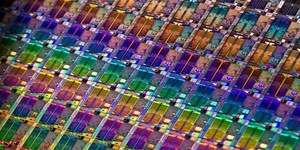
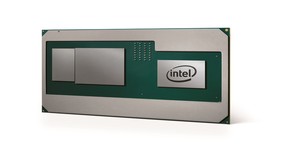




Want to comment? Please log in.